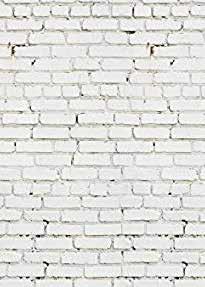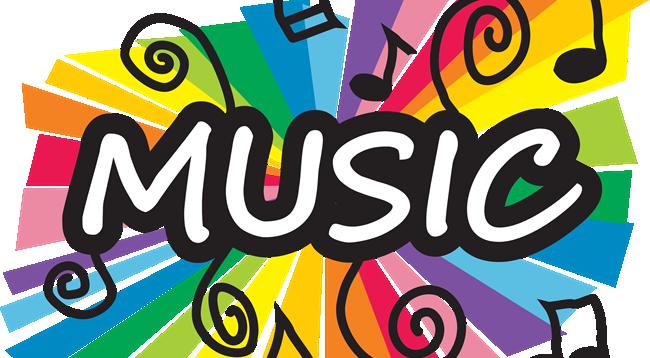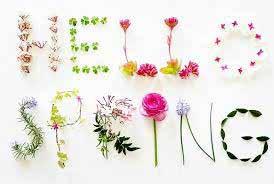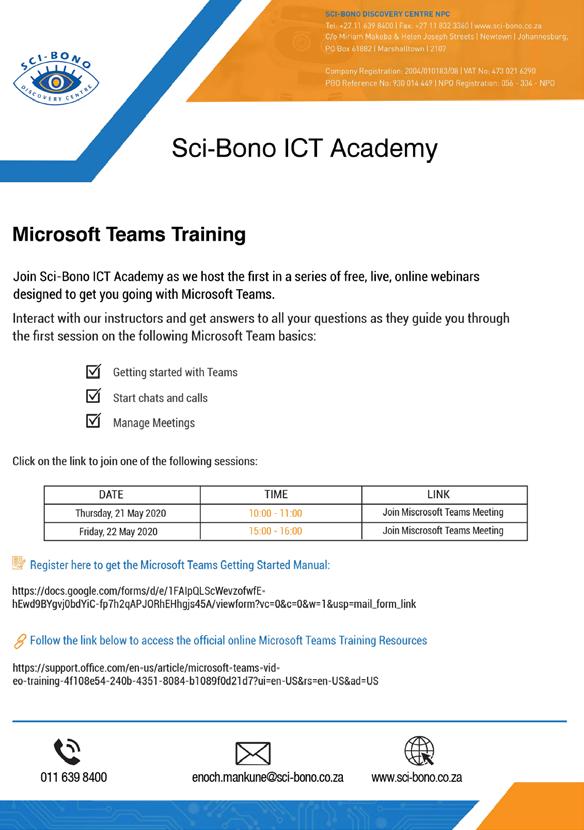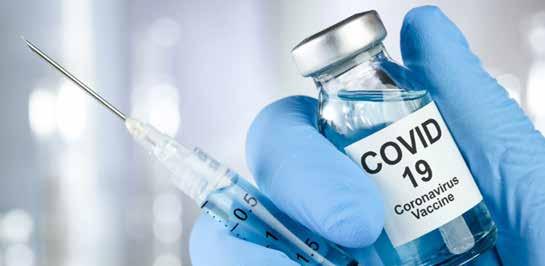
3 minute read
Medications: plants
Pharmaceuticals coming from plants and animals It is very interesting to know that some of the vaccines we use and medications we take are from plants and animals. That has been the practice for generations.
The question is, what is happening now? Especially where the plants are termed as Genetically Modified Organisms (GMO) and animals being treated with antibiotics.
Advertisement
According to the World Health Organisation (WHO), there is a new possibility of the production of vaccine antigens in genetically modified plants which can then be extracted and purified by conventional methods. All this is done in the lab.
Generally, there are three classical types of vaccine production methods: the egg-based vaccines, cell-based vaccines and directly from the source, e.g. a plant or an animal.
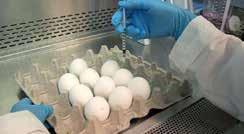
The most common example of eggbased vaccine is the influenza vaccine produced in 9-to-12-day-old embryonated eggs. This conventional method has been applied for over 60 years and it involves the injection of virus particles into the eggs and further incubation for several days to allow the replication of virus particles. In order to produce a vaccine, the antigen isolated from the purification process of the eggs containing vaccine virus would undergo additional procedures.
Wiki: Cell-based vaccines are developed from mammalian cell lines. The candidate vaccine virus strain will replicate using the mammalian cells. Next, the virus is extracted from the cells in the liquid culture, purified, then tested or modified for the specific vaccine being produced.
Cell-based antigen production may offer a faster and more stable production of vaccines compared to embryonic chicken eggs, which produce 1-2 vaccine doses per chicken egg.
Medication originating from animals and plants are termed Crude Drugs as they are derived from the natural sources e.g. from plants, minerals and animals.
One popular example is aspirin. Aspirin is created in a lab from the naturally occurring polyphenol salicylic acid — a compound found in plants including white willow, wintergreens and birch.
Three out of four common medications include animal-derived ingredients, according to a study in the British Medical Journal.
These methods are all well-tested and known. They produce and are generally safe bets. The future may be artificially created DNA and RNA coded for specific reactions, but that will be for another time.
It is clear however that plants and animals are essential in medication and vaccination plans. This has left me with a lot of questions. What does this mean for vegetarians and more interestingly for food security (using up all the eggs as an example)?
What is NSFAS? The National Student Financial Aid Scheme (NSFAS) is a government entity under the Department of Higher Education and Training (DHET)
What does NSFAS do?
Supports access to and success in, higher education and training for students from poor and working-class families who would otherwise not be able to afford the cost of studies at a public university or Technical and Vocational Education and Training (TVET) college. • Provides financial aid to eligible students who are studying or plan to study at any of the 50 TVET colleges or the 26 public universities in South Africa • Identifies students who qualify for the bursary • Provides bursaries to students
Who qualifies for NSFAS funding?
• All South African citizens • All SASSA grant recipients • Applicants whose combined household income is not more than R350 000 per annum • Persons with disabilities with a combined household income of not more than R600 000 per annum • Students who started studying at a university before 2018 and whose household income is not more than R122 000 per annum
What does the NSFAS bursary cover? • Registration • Tuition • Book allowance • Accommodation allowance • Transport allowance • Food allowance • Personal care allowance
Does the NSFAS bursary offer any additional support for students with disabilities? Yes, NSFAS further supports funded students with disabilities through an additional allowance that covers:
• Medical assessments • Assistive devices • Human support to cover for the cost of a caregiver, guide dog, scribe or tutor.
How, where and when can one apply for NSFAS?
The 2021 application season will be communicated through media, social media and the NSFAS website www.nsfas.org.za. Applications are submitted online through the NSFAS website: www.nsfas.org.za
To apply for NSFAS funding students must have a registered myNSFAS account. If you plan to study in 2021 and require support from NSFAS, you may open your myNSFAS account now to keep updated with the latest funding information.
Connect with us using the following channels:
National Student Financial Aid Scheme myNSFAS myNSFAS
NSFAS Connect: www.nsfas.org.za and log into your myNSFAS account


